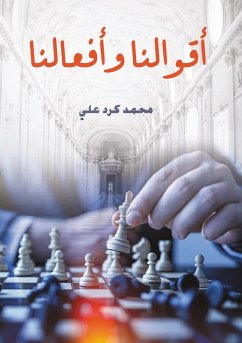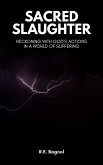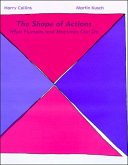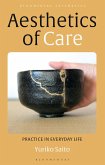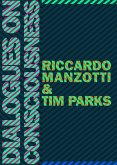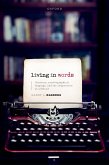In this book, the polymath writer Muhammad Kurd Ali reviews the treatment of some of our social problems, and presents a description of a class of people he lived with. Hence, the book is a mirror of his era. From the atmosphere of the book.. the author says: Whenever a sinner commits a sin, we say to him: Ask forgiveness and repent, and you are free from what your hands have committed. So if he returns to what was forbidden, we dictate to him what he dictated to himself in falsehood? How, in my life, can the one who commits a major sin forgive his major sin, while he insists on it and does not deviate from it, and it is said to the wrongdoer to himself or to others: The door of repentance is open before you, you can enter it whenever you want, and you will be like the day your mother gave birth to you? If the murderer kills and says, "I repent," and the oppressor is unjust and says, "I have returned," and the ungodly one rebukes and says, "I repent," then why do we keep the laws within their limits, and what is the benefit of the laws, if we bother to implement their details? One of the sheikhs was pleading with me about a man who had wronged me because of my kindness to him, and he mentioned what we were commanded to do regarding the treatment of the wrongdoer and the enemy, so I said to him: I am created as those whom you see were created, made of flesh and blood, sinew and bone. What makes them angry makes me angry and what pleases them pleases me, and I see safety in being far from those. They did wrong, and there was no hope of them improving. I turned my face away from them and did not look at them as long as I lived.
Dieser Download kann aus rechtlichen Gründen nur mit Rechnungsadresse in A, B, BG, CY, CZ, D, DK, EW, E, FIN, F, GR, H, IRL, I, LT, L, LR, M, NL, PL, P, R, S, SLO, SK ausgeliefert werden.

